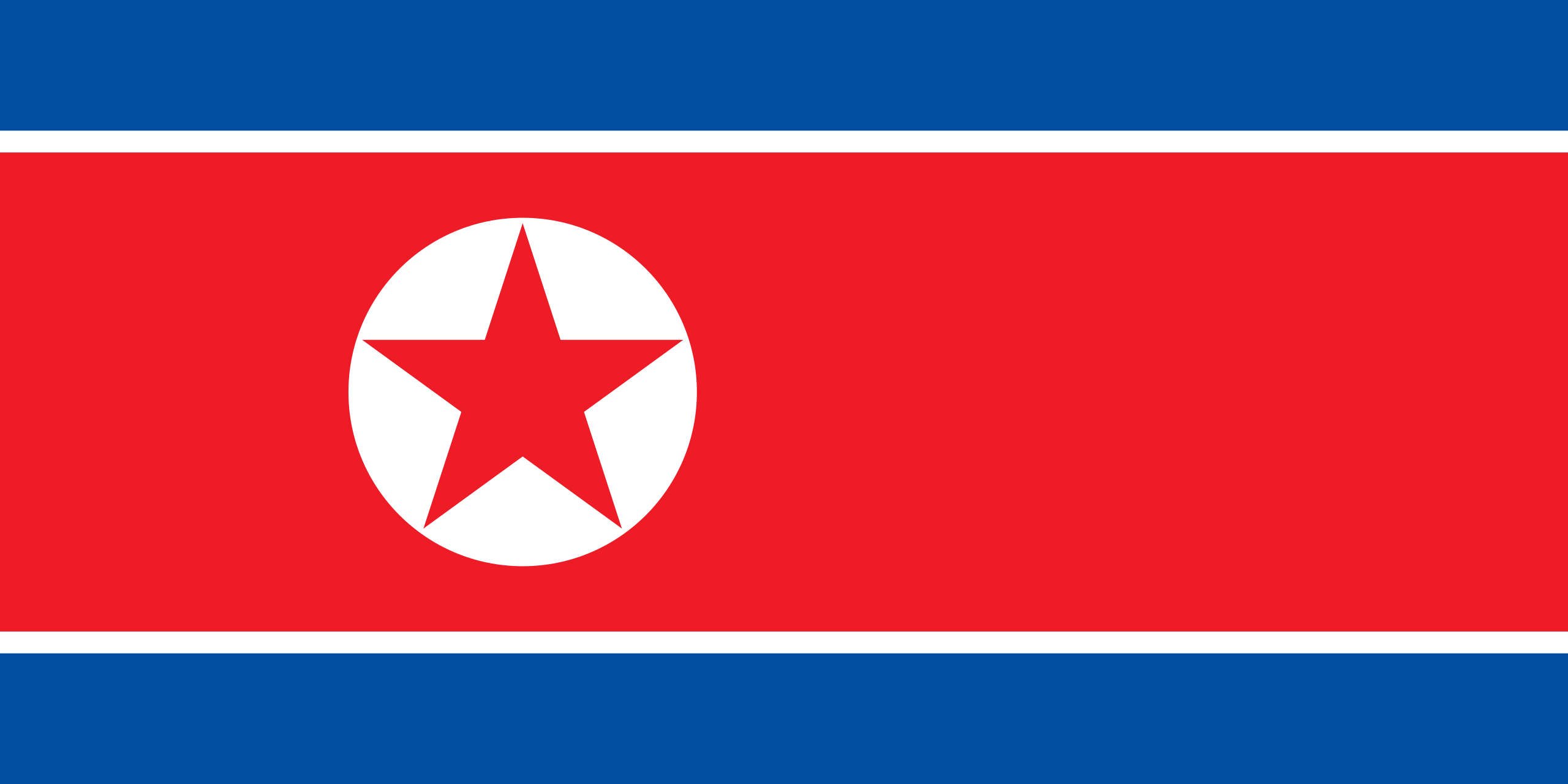North Korea
North Korea, officially the Democratic People’s Republic of Korea, is a country in East Asia. It constitutes the northern half of the Korean Peninsula and borders China and Russia to the north at the Yalu and Tumen rivers, and South Korea to the south at the Korean Demilitarized Zone.

Domestic and International Air Connectivity:
North Korea has limited international air connectivity, with flights primarily to China and Russia. Sunan International Airport is the primary hub for international travel.
Airports Facilities:
Facilities at North Korean airports are quite basic and may not be as extensive as those in many other countries. Travelers should expect standard services.
Tourist Attractions:
-
North Korea, while known for its isolation, does offer some attractions to foreign tourists, including:
Juche Tower: A monument to the Juche ideology in Pyongyang.
Kumsusan Palace of the Sun: Mausoleum of Kim Il-sung and Kim Jong-il.
Mount Kumgang: A scenic mountain area.
Demilitarized Zone (DMZ): The border with South Korea, where you can see the heavily guarded Panmunjom.
Currency:
The official currency is the North Korean Won (KPW). However, foreign tourists typically use Chinese Renminbi (CNY) or US dollars for transactions.
Local Cuisines:
North Korean cuisine includes dishes like kimchi (fermented vegetables), naengmyeon (cold noodles), and bulgogi (marinated grilled meat).
Cultural Activities:
Cultural activities may include attending mass games and performances showcasing North Korean music, dance, and art. It’s important to note that tourism is tightly controlled.
Accommodation:
Accommodation options are limited for foreign tourists, with a few 3-star and 4-star hotels in Pyongyang. Popular choices include the Yanggakdo International Hotel and the Koryo Hotel.
Transport Connectivity:
North Korea has a limited rail network, and railways are the primary means of domestic travel. Road transportation is also available within the country.
Population:
North Korea has an estimated population of over 25 million people.
Religion:
The government practices state atheism, and religious activities are severely restricted. Some sources suggest the existence of underground religious practices.
Languages Spoken:
Korean is the official language, and English is taught in schools but not widely spoken.
Disclaimer:
The information above is for reference, and we do not accept any liability for inaccuracies or updates.